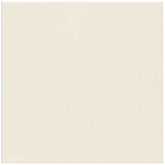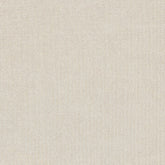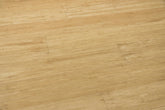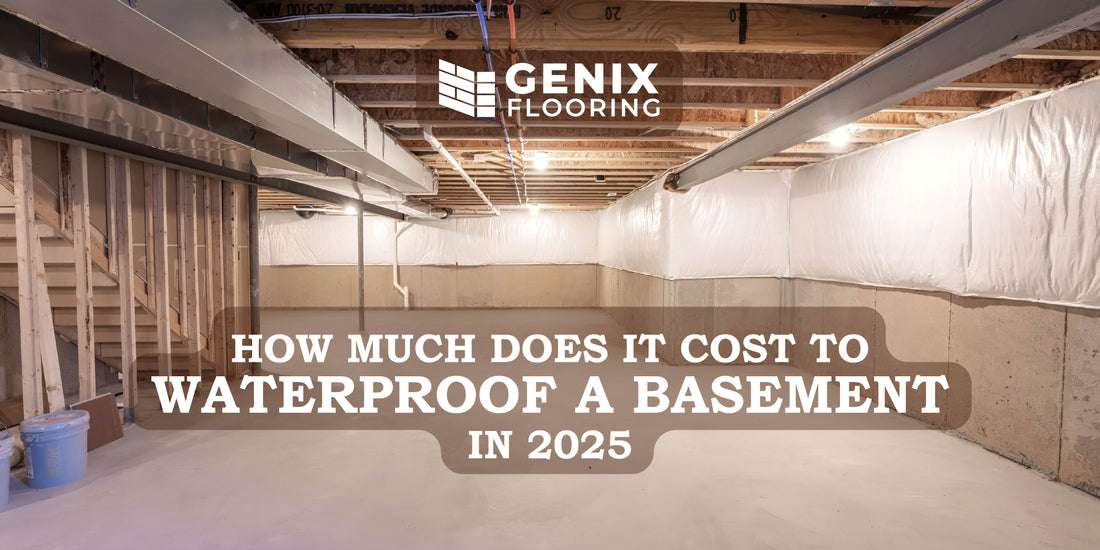How Much Does It Cost to Waterproof a Basement? Exploring Basement Waterproofing Costs and the Benefits of Waterproofing
The cost to waterproof a basement can range significantly, but knowing what influences the price, and what methods work best, can help you plan wisely.
Whether you're battling moisture, planning a finished basement, or trying to avoid future water damage, this guide will explain all the waterproofing costs, methods, and smart product choices (like waterproof basement flooring) that offer real peace of mind.
Which Waterproofing Method Should You Choose? Comparing Types of Basement Waterproofing for Maximum Worth
Few things are more important than having a dry basement when it comes to safeguarding your house against long-term water damage.
In addition to being uncomfortable, a wet basement can cause mold and mildew growth, destroy belongings, and weaken your home's structural integrity.
For this reason, a large number of homeowners nowadays decide to proactively waterproof their basements. A simple waterproof coating can increase your basement's worth. Waterproofing not only prevents damage but also raises the value of your basement.
There are countless uses for a dry, finished basement, ranging from a comfortable den to a home gym.
A waterproof basement is a need, not a luxury, regardless of whether you live in an older home with concrete basement walls or in a rainy climate.
What Is the Cost to Waterproof a Basement? Understanding Basement Waterproofing Costs Per Linear Foot
What is the exact cost of basement waterproofing?
Depending on the size and complexity of the project, the cost of waterproofing a basement typically lies between $3,000 and $10,000 for interior waterproofing and between $10,000 and $30,000 for exterior waterproofing in 2025.
If dimensions are on your mind:
• $50 to $250 per linear foot
• $6 to $10 per square foot
The materials, the waterproofing method, labor to waterproof, the amount of work required to waterproof, and the condition of your basement can all affect the final cost.
However, this investment provides a dry, usable space that you can rely on for years without mold growth, along with invaluable peace of mind.
What Factors Influence Basement Waterproofing Costs?
The cost of waterproofing can vary significantly based on a number of factors.
The following are some important cost considerations while exploring types of basement waterproofing:
• Basement size: Because of their larger square footage, larger basements are inherently more expensive.
• Age of your house: Older homes frequently have more problems with drainage systems, wall cracks, and old materials.
• Water intrusion level: If there is already a lot of water in your basement, repair costs will likely increase.
• Exterior vs. Interior Waterproofing: Although interior basement waterproofing is usually less expensive, it may not be the best solution for all moisture problems.
You can calculate costs for your project and prevent any budget surprises by being aware of these details.
Interior vs. Exterior Basement Waterproofing: Which Costs More?
A very common question that people usually ask is: Which waterproofing costs more? Interior or exterior?
The answer is in the scope and accessibility of the project.
Installing vapor barriers, waterproof coatings, or an interior drainage system is all part of interior waterproofing, which typically costs $50 to $100 per linear foot.
Exterior waterproofing can cost up to $290 per linear foot. If extensive excavation is required around the foundation,
Interior solutions are effective if your basement experiences surface-level moisture.
However, exterior techniques are more effective for deeper waterproofing systems that protect your home from water and provide long-term protection against water intrusion; just be prepared for a significant cost difference.
How to Estimate Cost to Waterproof Basement Per Square Foot or Linear Foot
Determine how much does basement waterproofing cost for different waterproofing process.
For basement waterproofing, many homeowners spend between $6 and $10 per square foot, or $50 and $250 per linear foot. The breakdown is as follows:
• Installing a Drainage system inside: $25 to $100 per linear foot
• Exterior Tile: $50 to $150 per linear foot for exterior weeping tile
• Membranes for waterproofing: $3–$8 per square foot.
• Caulking and sealant: $10 to $25 per tube
You must consider the amount of materials and labor needed for a standard basement waterproofing project.
Additionally, to obtain the most precise cost information, always speak with a waterproofing contractor.
What Are the Most Common Waterproofing Methods?
Let's examine the various kinds of basement waterproofing that are currently offered:
• At $1 to $2 per square foot, waterproof paint is the least expensive option, but it provides very little protection.
• Sealants, vapor barriers, and interior drainage systems are all part of interior waterproofing.
• Installing a drainage system, excavating, and applying a complete waterproof coating around the basement walls is known as exterior waterproofing.
• Installing a sump pump, which costs between $565 and $3,500, removes collected water.
• Installing a backwater valve, which costs between $1,600 and $3,700, stops sewage backup.
The purpose of each waterproofing technique varies; some prevent seepage, some prevent water from coming in, while others prevent flooding.
How and where water enters your basement will determine which one is best to protect you home from water damage.
Is DIY Basement Waterproofing a Good Idea?
Major waterproofing jobs are best left to the professionals.
If you care for the age of your home, hire a professional for long-term benefits, even though do-it-yourself basement repairs can be alluring and occasionally less expensive.
Inadequately installing interior or exterior drains or sealant applications may lead to long-term issues, more expensive repairs, and recurrent water damage.
Every year we see homeowners paying around more than they should while trying DIY methods. Therefore, it's best to consult a professional; it may even cut down your average cost and give you peace of mind.
Smaller solutions, such as applying waterproof paint, caulking wall cracks, or applying sealant to minor leaks, are frequently do-it-yourself tasks; just be sure to address the underlying cause rather than just the symptoms.
Material & Labor Breakdown for Basement
Waterproofing Projects
The cost may vary widely depending on different techniques.
To help you estimate your spending, here is an example breakdown:
• Membranes (cementitious, bituminous, and liquid rubber): $2–$8 per square foot
• Interior and French drainage system installation: $25 to $70 per linear foot
• Injections and sealants: $400 to $900 per crack
• Labor costs: 40% to 60% of the overall cost of waterproofing is labor.
The cost of materials varies from sump pumps to concrete waterproof membranes.
Costs can quickly increase with the size of your basement, installation, trenching, sealing, and wall preparation, particularly if you're dealing with transmission through concrete or waterproofing a finished basement.
Choosing Waterproof Basement Flooring That Lasts
One important but often overlooked aspect of waterproofing is flooring. Waterproof basement floor tiles improve the space's durability and appearance while also providing protection.
Interlocking waterproof basement floor tiles, such as those sold by Genix Flooring, are a notable option. They are designed to be easy to clean, resist moisture buildup, and stop water from entering through the basement floor. Additionally, they add flair to a room that is usually known for its functionality.
These floors are resistant to warping, rot, and mildew, unlike conventional carpet or laminate. To put it another way, they are the ideal combination of polish and performance.
Why Genix Flooring Makes Waterproofing Stylish and Simple
We at Genix Flooring have redefined what it means to easily and elegantly waterproof your basement.
Our waterproof tiles that interlock are made to keep moisture out while preserving aesthetic appeal.
They are simple to install. No glue, nails, or stress, and provide advantages over time that surpass those of conventional solutions.
Why Genix Flooring Makes Waterproofing Stylish and Simple
It is stylish, as well as having the best material for basement waterproofing systems.
If you love doing DIY, then we have great news for you, Genix is DIY-friendly for any basement in the house. It is also able to withstand spills on walls and floors, as well as basement moisture and leaks.
Genix Waterproofing Products enhances the value of your basement waterproofing project. Genix's material has countless benefits of waterproofing.
Genix provides the most intelligent answer to your basement problems, from enhancing the usefulness of your area to guaranteeing comfort and well-being.
Conclusion: Important Things to Keep in Mind
Size, damage, method of waterproofing, and whether you choose interior or exterior systems can all have a significant impact on the cost of waterproofing a basement.
Nevertheless, it's an investment that safeguards your property, raises its value, and above all, provides you with peace of mind.
A high-quality waterproofing system helps you create a basement that enhances the value of your entire house in addition to preventing mold and mildew.
Choose Gneix and go for performance and design as well as protection if you're prepared to go further. The national average cost estimation of Genix Products is lower than that of any product sold in the market.
The other exclusive brand may cost more and fail to provide high-end services.
Prevent water damage to your house. Choose long-lasting solutions.
Select Genix Flooring. Sturdy, Stylish, and Completely Waterproof.









